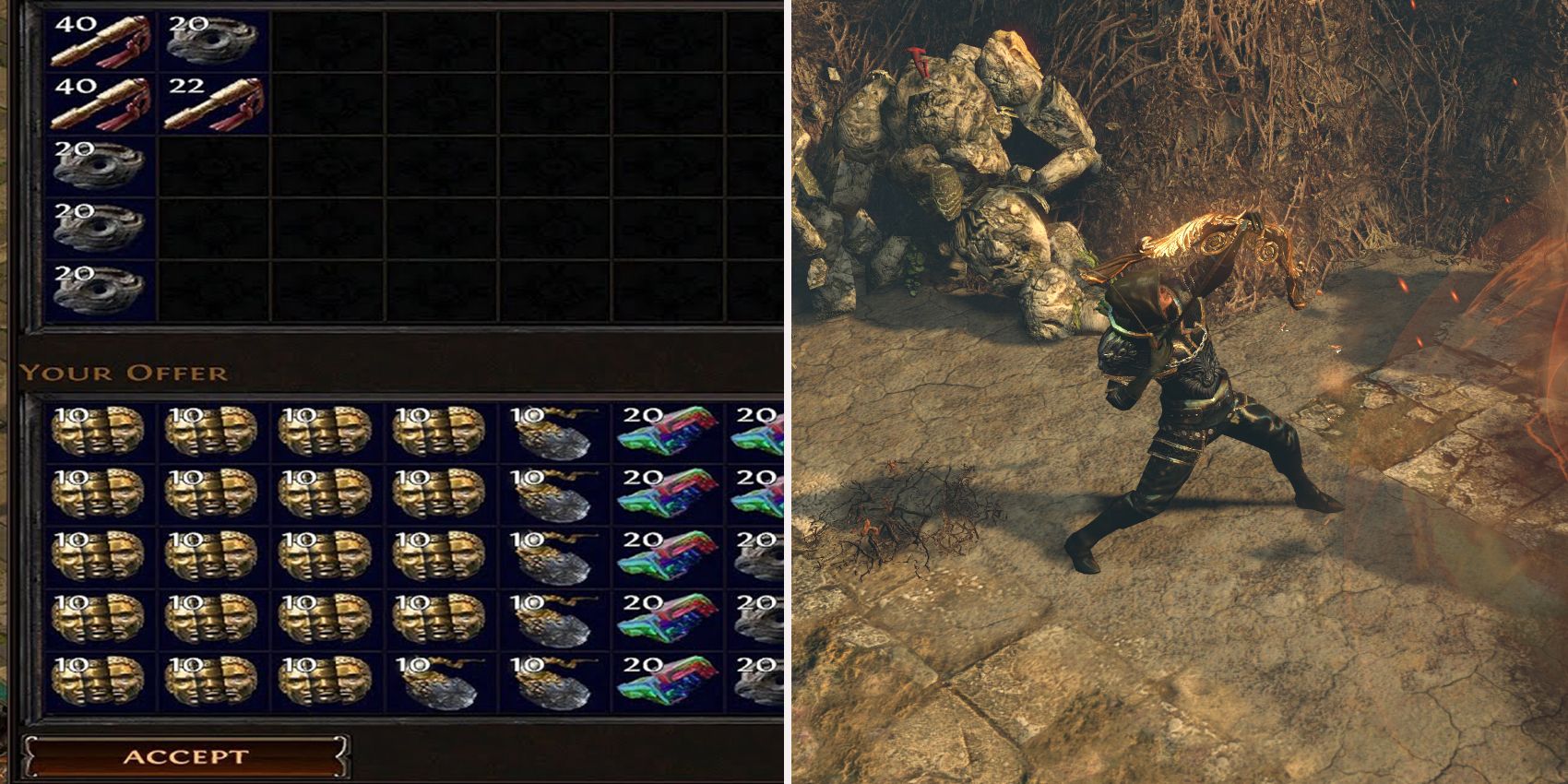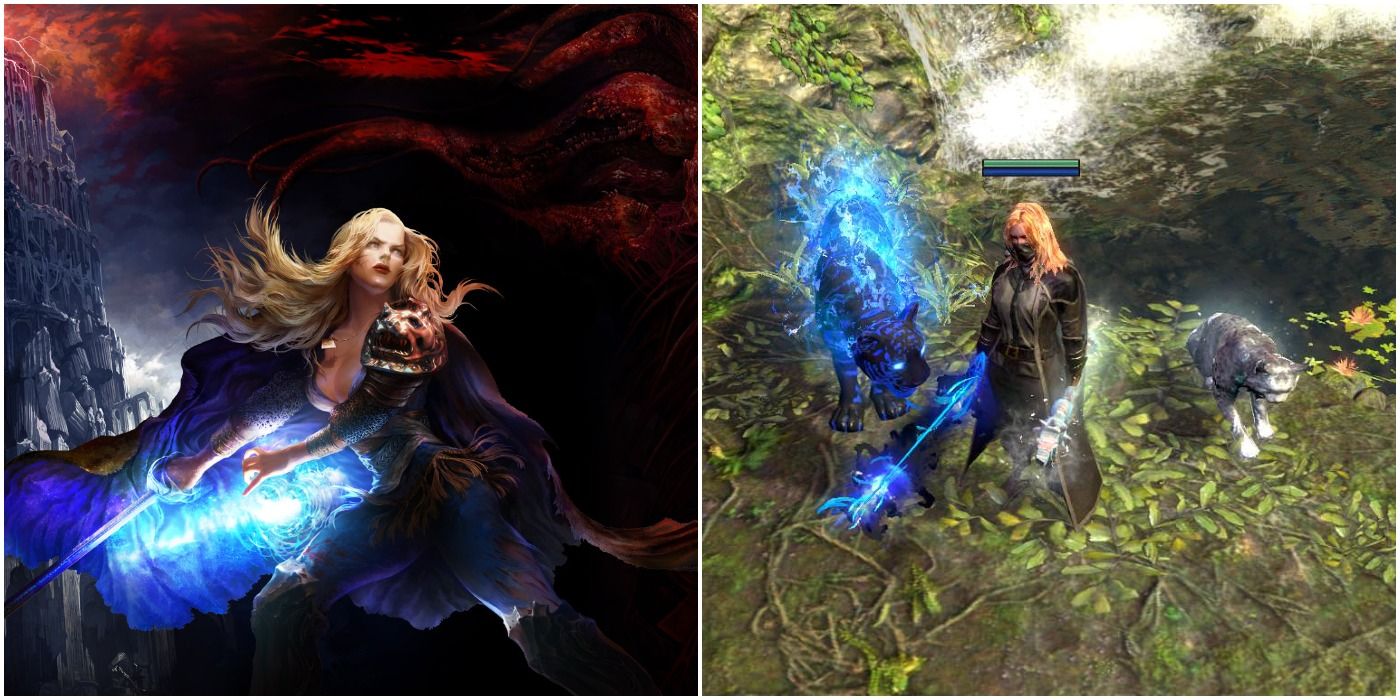

The website even provides you with a default one-click copy message that you can then paste into the game chat box, which will in turn automatically contact the seller on your behalf. From there, all you have to do is search for the item you want and once you’re satisfied with what you’ve found and the price it has, you can proceed to contact the seller. There are checks and options for pretty much anything that can drop in the game, with filters for every single category. The website itself gives the players plenty of tools to find the exact item they’re looking for. The search results would be expressed in asking prices listed in a variety of currency, but most often in one of the two default measures - either Chaos Orbs or the more expensive Exalted Orbs. There is also a ‘Bulk item exchange’ option that lets players convert currency in bulk with others. It is a robust tool that has minimal lag to the game itself, allowing the players to search for items listed in trading tabs of other players’ Stashes. The website is an extension of the game’s official site and the trading system can be found by navigating from the main site, or by following this link. This method, while still viable, has given way to another official tool used for trading - the PoE Trade website that is hosted on the game’s official site by the devs. The initial premise for the game was to use the in-game Trade chat channels to advertise and discuss trade, which would then move to private negotiations and exchange. The same principle is meant to be used by the players in trading between themselves as well.

You can notice that immediately when you start playing, as the NPC vendors will only offer items up in exchange for other functional items that serve as the game’s currency. The in-game economy of Path of Exile is purposefully built around the barter system, inspired by the lore of the world as much as its gameplay.

Related: Path of Exile – Top 5 builds in the Sentinel League Perhaps it doesn’t fit their build or class, but for whatever reason, they might want to offer up their item for trade. In a game that showers the players in loot (even with filters on), the players will, from time to time, come upon items that are good enough to sell, but might not be good enough to keep. The notoriously deep aRPG isn’t known for taking an easy road with its features and the same can be said for the game’s trading system. That is not the case in Path of Exile, however. They usually come in the form of an auction house or a separate marketplace of sorts, providing the playerbase with an interface to interact with. Most action RPG and MMO games have some sort of trading feature or a built-in market that lets their players trade freely, influencing their own economy.


 0 kommentar(er)
0 kommentar(er)
